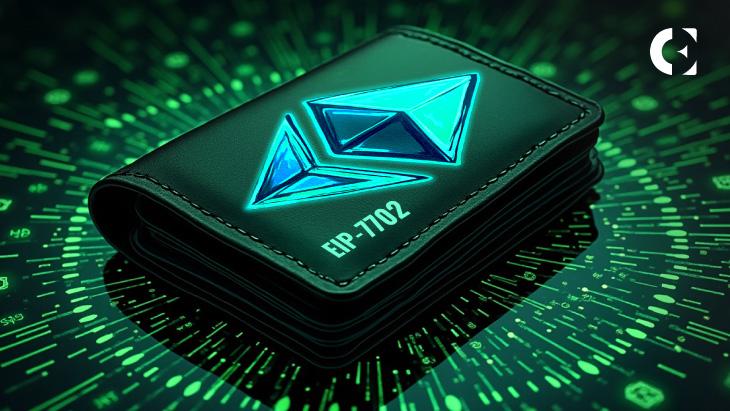Ethereum’s upcoming Pectra aims to significantly change how users interact with their accounts, primarily through EIP-7702, a proposal for native account abstraction.
Ethereum’s upcoming Pectra aims to significantly change how users interact with their accounts, primarily through EIP-7702, a proposal for native account abstraction.
This key update allows traditional Externally Owned Accounts (EOAs), or user wallets, to operate with smart contract-like capabilities while retaining their ability to initiate transactions.
EIP-7702 grants EOAs new powers such as programmable behavior, delegated access, and compatibility with contract-based features like multi-signature verification and social recovery methods. However, this evolution also introduces significant complexity and new risks that users, developers, wallet providers, and centralized exchanges must carefully address.
Wallet providers must now implement deeper validation processes. For instance, they need to confirm that delegation requests correctly tie to the specific chain ID. Delegations signed with a zero chain ID pose a unique threat: malicious actors could replay them across any EVM-compatible chain, leading to unauthorized actions. Therefore, wallet interfaces should clearly display the destination contract address during any delegation signing process.
Users, in turn, must understand that the same contract address could behave differently across chains. Consequently, to a contract on one network does not guarantee similar functionality elsewhere.
Moreover, users must treat their private keys with heightened caution. Even after delegating authority, the private key retains ultimate control over the account and its assets.
Developers face new technical considerations with EIP-7702. For instance, relying on tx.origin == msg.sender for reentrancy checks will no longer hold. Since delegated EOAs now function like contracts, they can be both callers and callees in transactions.
Furthermore, storage may arise during re-delegation to new contracts. Implementing the ERC-7201 namespace strategy helps isolate storage variables and reduce such risks.
Developers also need to ensure that delegated contracts correctly handle key callback functions, a vital step when interacting with token standards like ERC-721 or ERC-777. Without proper callback support, tokens could become stuck or permanently lost during transfers.
Centralized exchanges also have new responsibilities where they must strengthen their deposit verification methods. A delegated account, for instance, can simulate contract behavior, allowing fake deposits. Consequently, exchanges should implement transaction tracing to identify spoofed deposits before crediting users.
